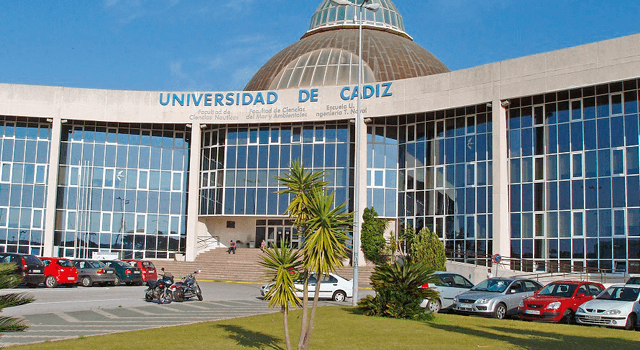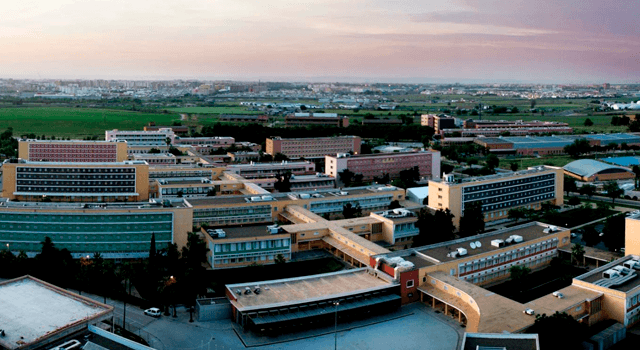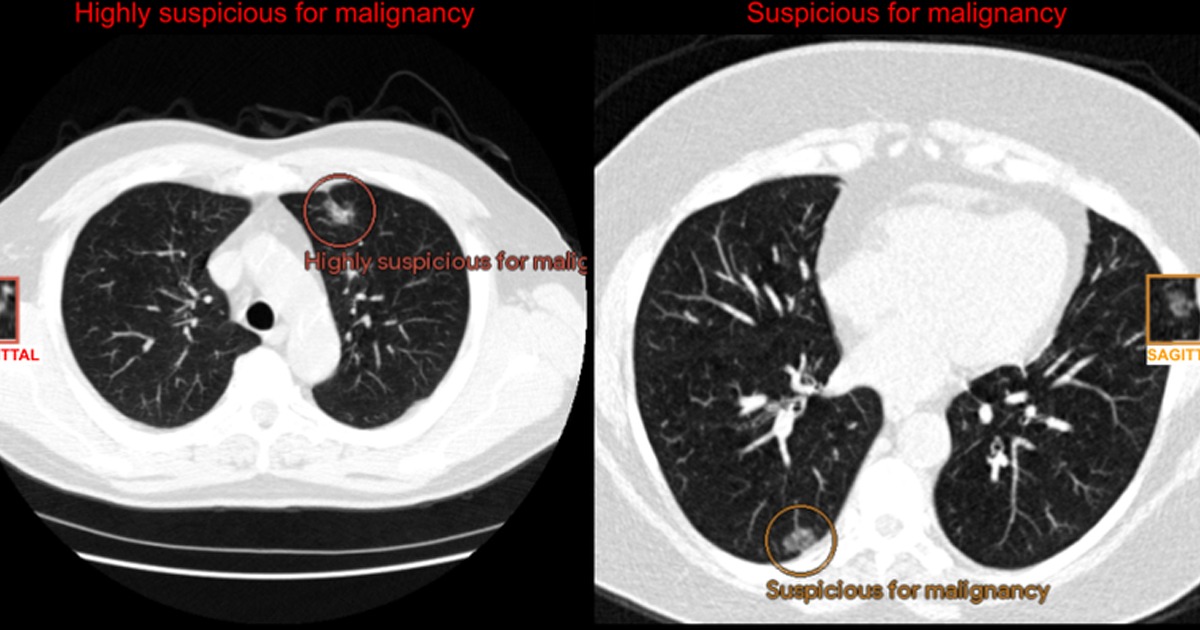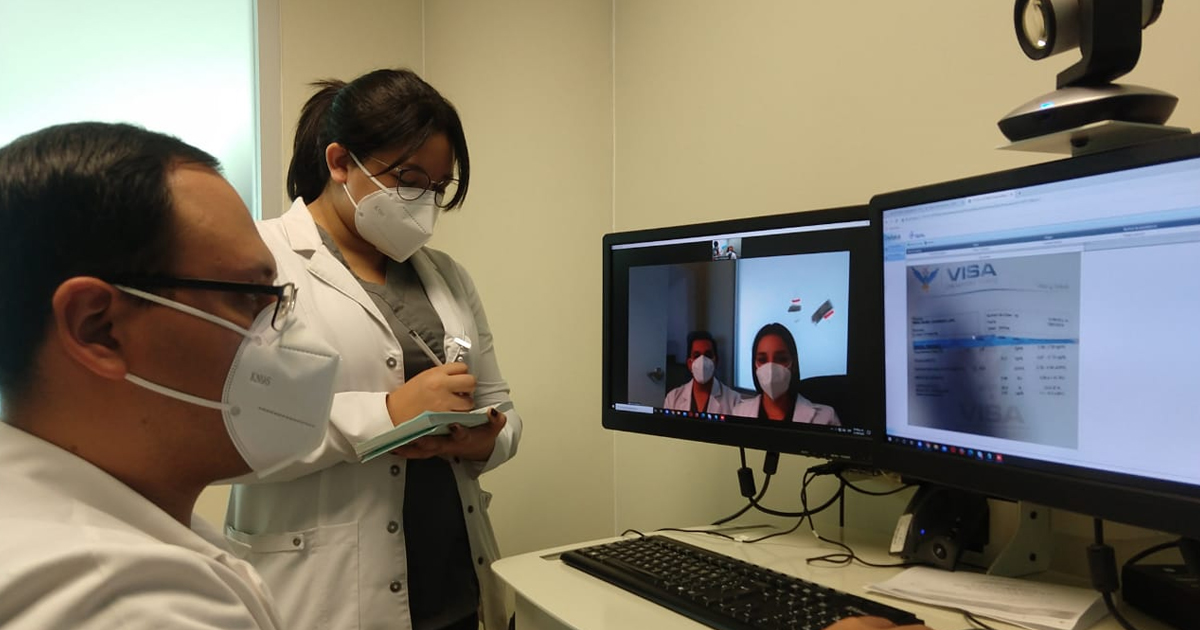Nanoscience, Internet of Things, and Biotechnology are just some of the areas covered by the new programs approved by the Spanish Council of Ministers.


The incorporation of computers and the use of information systems within health organizations began in the late 1980s and continues to grow until today. Consequently, doctors and health professionals who have prepared since then, and who are looking to work in the industry tomorrow, must be well versed in the use of new technologies.
The Spanish Government aware of this, has approved different masters who educate their students in various facets of Digital Health. These masters are: Master in Nanoscience and Materials Technology (University of Cádiz), Master in Medical Chemistry (University of Cádiz), Master in Critical Care in Emergencies and Emergencies in Nursing (University of Granada), Master in Child Dentistry (University of Seville), Master in Fundamental and Translational Neuroscience (Pablo de Olavide University), Master in Food in Physical Activity and Sport (Oberta University of Catalunya), Master in Digital Health / e-Health (Oberta University of Catalunya), Master in Internet of Things for Digital Health (Autonomous University of Barcelona) and Master in Business Management Pharma-Biotech (University of Navarra).

All these academic courses are born with the objective of responding to the need of professionals specialized in the management of ICT in Health, both in the public and private spheres. Thus, the communion between science and technology will not be forced learning, but a part of the backbone of the curriculum taught to students attending universities.
Examples of how immersed these new courses are in the benefits of Digital Health, are obvious when looking at the 10 key themes of the Online Master in Health Technology by OBS Business School (academic partner of UIC Barcelona):
- Electronic Medical History and Interoperability
- Impact on the provision of care services
- Impact on the Patient
- Impact on Research: Big Data, IA and ML
- Digital Transformation
- Economy and Digital Health
- Digital marketing applied to health systems
- Information and Information Security
- Management of ICT in health
- Health; the health system, health and the transformation of the traditional system to digital health
Catalonia isn’t the only region that focuses part of its academic efforts on new technologies. In general, Spain has taken digital health as a priority to democratize access to quality health services, advancing on issues such as imaging and digital pathology or telemedicine.
The Spanish Digital Health Association (ASD) also highlights aspects to be studied by new generations such as Data Analytics, Big Data, Artificial Intelligence or Open Data, in addition to the new clinical history systems, the reorganization of the information or the patient as the central axis.
The development of the Internet of Things and artificial intelligence is already leaving a mark on the management and provision of health services worldwide. But it’s necessary to break down the barriers that prevent patients (such as the elderly, for example) from taking full advantage of the technologies that seek to improve their health. That’s why initiatives like these are so relevant.
Learn more about these postgraduate courses at:
https://posgrado.uca.es/master/nanociencia?curso=2018/19
https://www.upo.es/postgrado/Master-Oficial-Neurociencia-Fundamental-y-Traslacional
https://estudios.uoc.edu/es/masters-universitarios/salud-digital/precio-matricula
Medical Writing
https://www.redaccionmedica.com/secciones/estudiantes/el-gobierno-aprueba-el-grado-de-medicina-de-la-universidad-de-navarra-7669
O.B.S. Business School
https://www.obs-edu.com/int/maestria-en-gestion-de-la-salud-digital
Interactive Doctor
http://elmedicointeractivo.com/la-implantacion-de-la-salud-digital-en-espana-esta-practicamente-concluida/






